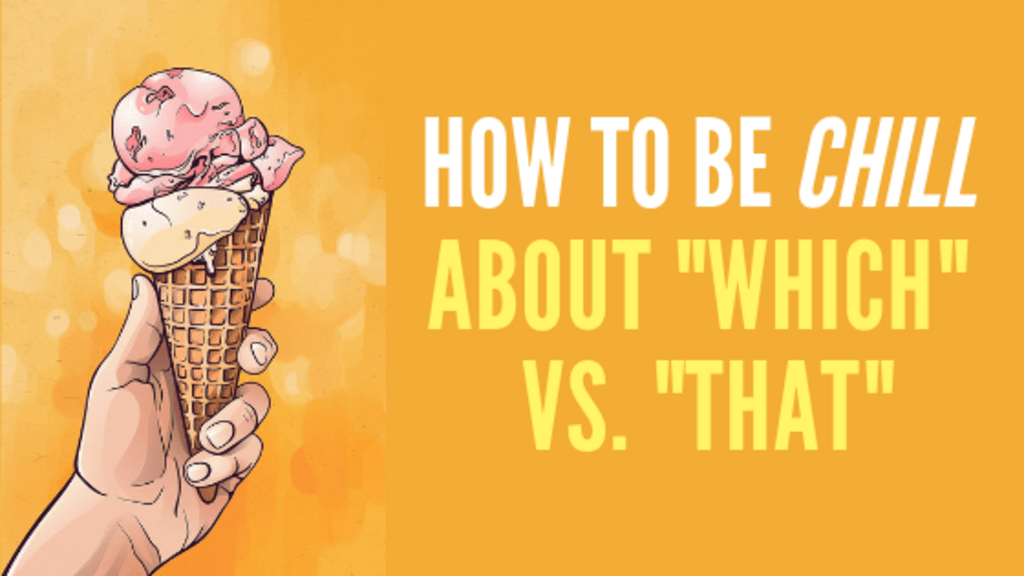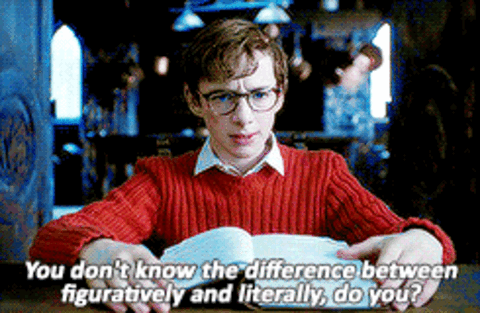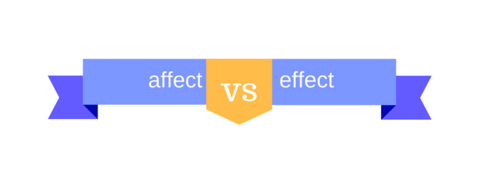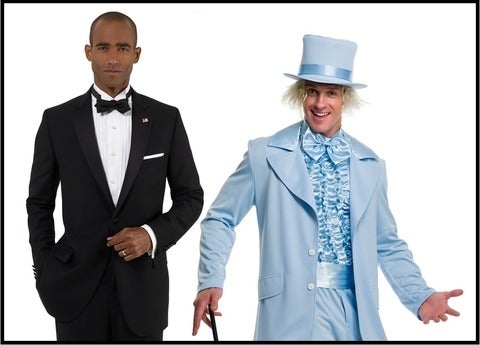The power of synonyms: the good, the bad, and the in-between
When it comes to writing, every word has an impact and brings meaning along with it. In our assignments, our job is to take these different meanings and weave them together to be clear, engaging, and provide information to our audiences. Yet, when we get stumped or feel like our work is getting too repetitive, we turn to Google or Microsoft Word to help find synonyms. Sometimes this can work wonders, but other times it can have negative repercussions.








